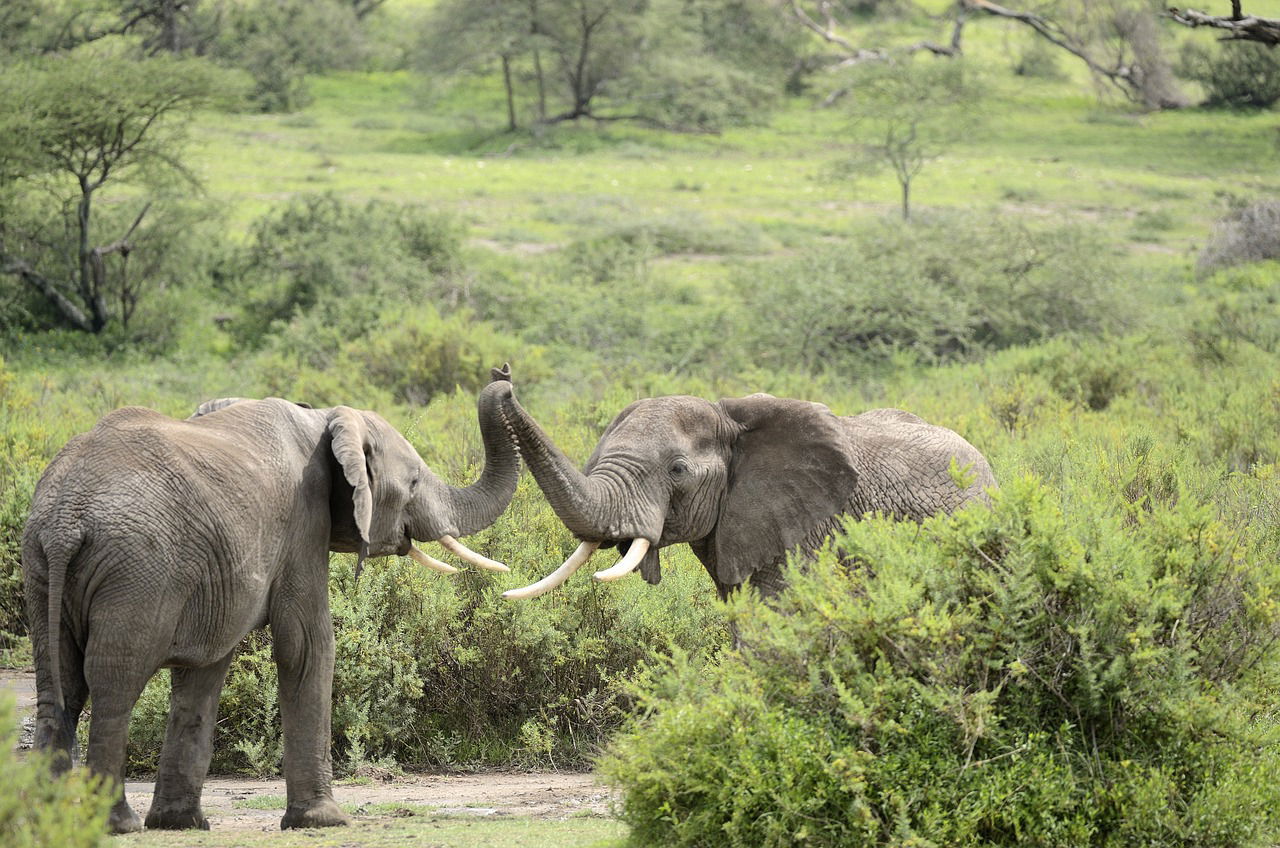
The Best Time to Visit East Africa for a Safari
Embarking on a safari in East Africa is like stepping into a different world, where nature and wildlife come together in a breathtaking panorama. The vast landscapes of Kenya, Tanzania, Uganda, and Rwanda offer some of the most memorable wildlife sightings in the world, including the Great Migration, the Big Five, and unique primates such as gorillas and chimpanzees. The best time to visit East Africa for a safari can greatly influence your experience, depending on weather patterns, wildlife activity, and tourist volume. Here are some key points to consider when planning your journey.
- Overall Best Time: June to October
This period marks the dry season in East Africa, making it the most favorable time for wildlife viewing. The lack of rain means animals congregate around water sources, making them easier to spot. Additionally, lower vegetation and fewer muddy conditions mean better accessibility and visibility. The Great Migration, a major highlight in Tanzania and Kenya, typically occurs between July and September when millions of wildebeest and zebras move in search of greener pastures.
- For The Great Migration: July to September
The Great Migration is arguably the most spectacular natural event in East Africa. During these months, the wildebeest, zebra, and other migratory animals cross from Tanzania's Serengeti into Kenya's Maasai Mara. This is the best time to witness dramatic river crossings and the associated predator interactions. Safari goers can expect thrilling views of large crocodiles, lions, hyenas, and cheetahs taking advantage of the animal movements.
- For Bird Watching: November to April
For bird enthusiasts, the rainy season, also known as the green season, is ideal. During this time, many bird species are in their breeding plumage, and migratory birds are present in high numbers. Destinations like Lake Nakuru and Lake Victoria are particularly rich in avian life. The scenery is also more lush and vibrant during this period, though some areas may be less accessible due to the rain.
- For Less Crowded Safaris: March to May
The long rains occur from March to May, resulting in fewer tourists traveling to East Africa. This is a double-edged sword; while it means more solitude and often better rates at lodges and camps, some areas might be inaccessible, and wildlife can be harder to spot. However, for those willing to brave the unpredictable conditions, the rewards can be significant, with lush landscapes and private sightings.
- For Gorilla Trekking: June to September and December to February
Visiting gorillas in the misty mountains of Uganda and Rwanda is an awe-inspiring experience. The best times for gorilla trekking are during the dry seasons, which occur from June to September and from December to February. These periods offer easier hiking conditions and lower malaria risks. Permits need to be booked far in advance regardless of when you plan to go due to the limited number of visitors allowed each day.
- For Visiting Zanzibar: June to October and December to February
If you're considering coupling your safari with a beach holiday, the best times to visit Zanzibar are during its dry seasons. The weather is sunny and warm, perfect for snorkeling, diving, and enjoying the white sand beaches. Avoid March to May when heavy rains can make beach days less enjoyable.
- For Cultural Tours: All Year Round
East Africa is not only about wildlife but also rich in cultural heritage. Engaging with local tribes such as the Maasai, Hadzabe, and Datoga is a year-round activity. Cultural visits can provide a more comprehensive understanding of the region and are less affected by seasonal changes than wildlife viewing.
- For Budget Travelers: April and May
During the rainy season, many safari operators and lodges offer lower rates. This can be an excellent time for budget travelers to explore East Africa. The landscapes are beautifully green, and baby animals are commonly seen, although rain might disrupt some travel plans. Packing waterproof clothing and gear is essential.
- Consideration of Local Festivals
Planning your trip around local festivals like the Maasai Mara Cultural Festival in Kenya or the Sauti za Busara Music Festival in Zanzibar can enhance your travel experience. These events usually take place during specific times of the year, providing insightful and festive additions to the typical safari experience.
- Check Political Climate and Health Advisories
Always check the current political situation and health advisories before booking your safari. Ensuring that you travel during a stable period is crucial for a safe and enjoyable trip. Additionally, consider the vaccination requirements and health precautions like malaria prophylaxis based on the advice of health professionals.
Choosing the right time to visit East Africa for a safari depends largely on what you want to see and do. Each period offers its unique advantages, and understanding these can help you select the ideal time for your adventure in the wild. Regardless of when you visit, rest assured that East Africa always has something incredible to offer.